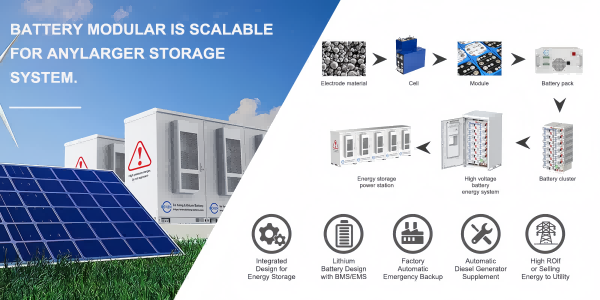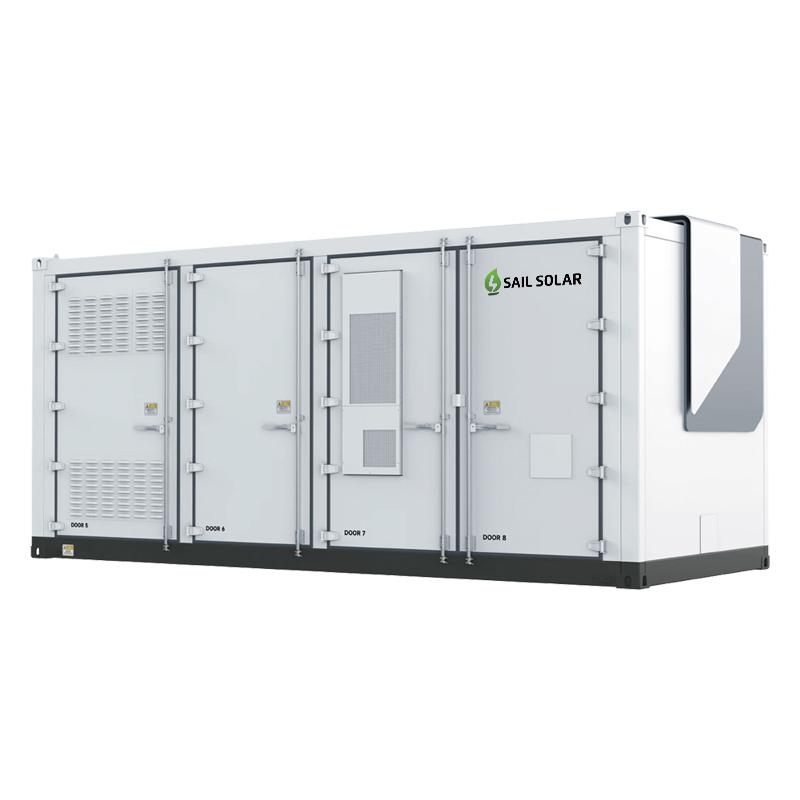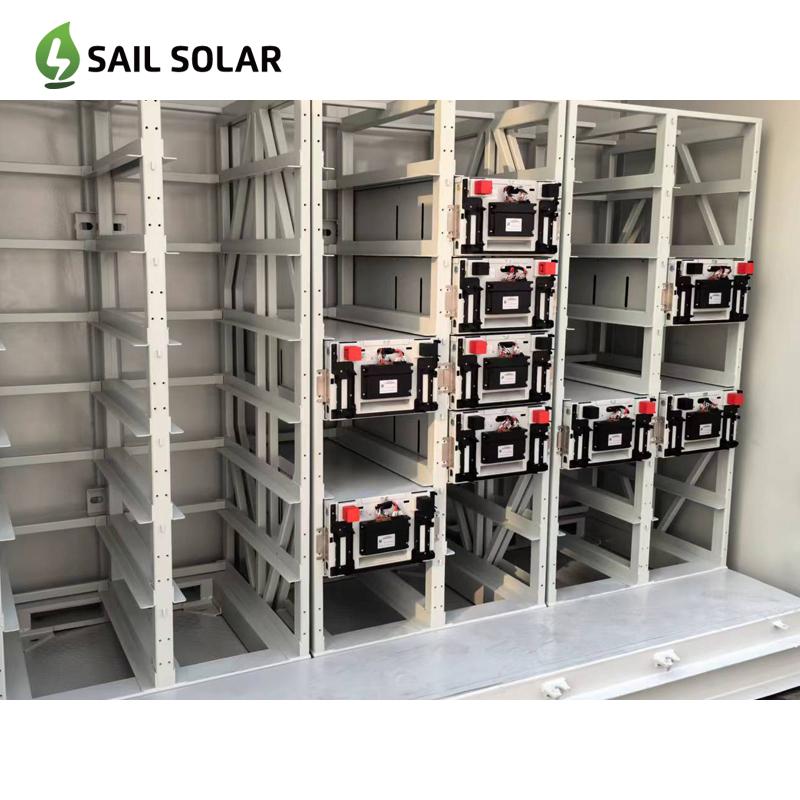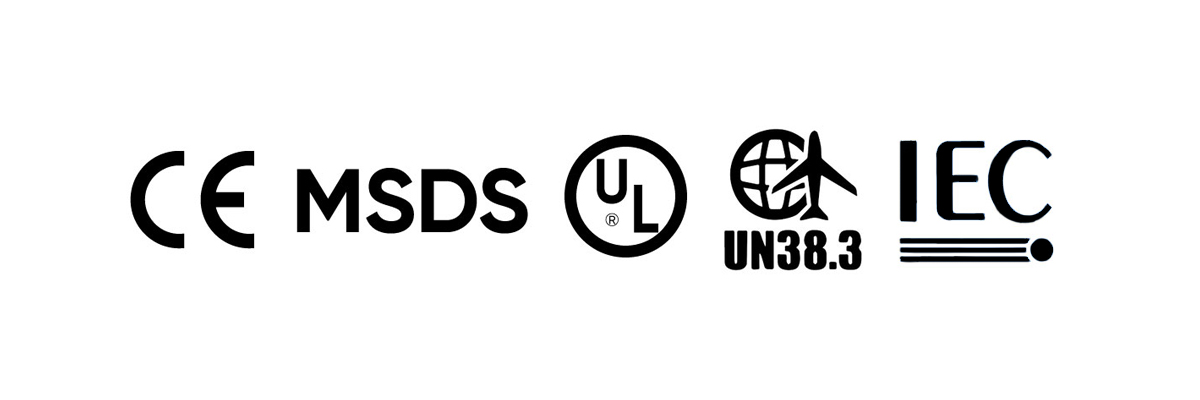Containerized energy storage systems refer to large-scale lithium energy storage systems installed in sturdy, portable containers. The sizes are usually 5 feet, 10 feet, 20 feet and 40 feet, mainly concentrated in 50Kwh to 10Mwh. They are designed to store energy produced by renewable energy sources such as solar and wind to be used when needed. Widely used in commercial and industrial energy storage as well as community energy storage.
Brand Name :
Sail SolarType :
BESS-100/200KRated Voltage :
420-850VBattery Capacity :
100KWH/200KWHNumber of Cycles :
>6000 Cycle @80% DoDEfficiency of Charge :
100% @0.2CEfficiency of Discharge :
96~99% @1CCommunication :
RS485/RS232/CANColor&OEM :
Black/ White or customizedWarranty :
10 Years

Flexible Use of BESS
Compared with traditional energy storage power stations, lithium battery energy storage containers can be transported by sea or land, do not need to be installed in a fixed location, and are not restricted by geography. On the other hand, the energy storage battery container adopts a modular structure and can be quickly expanded to meet the different capacity and power requirements of customers, whether it is KW/KWH or MW/MWh. In short, the integrated containerized energy storage system can be quickly installed, safely operated and controlled according to environmental conditions.

Why Choose BESS
With the improvement of energy storage technology, we have a higher degree of integration of existing containerized energy storage systems, integrating uninterruptible power supplies, battery packs, precision air conditioners, monitoring equipment, EMS and other intelligent devices. The energy storage cabinet steel is made of specially processed steel, which has sufficient strength, solid structure, excellent water tightness, firm welds, etc., and is rainproof, fogproof, dustproof, sandproof, corrosion-proof, lightning-proof, and anti-theft-it has been proven that it can meet a variety of different usage environments. The system can operate at high and low temperatures and at various altitudes, making it an ideal grid support system for rugged terrain and extreme weather. For example, an energy power station on a snowy mountain.

Factors affecting BESS container cost
Lithium battery cell cost;
Container size and capacity;
Installation cost;
System components such as air conditioning and fire protection systems;
Maintenance and operating costs;
Incentives and subsidies;
Power supply of PCS (power conversion system)
Certifications

Tags :